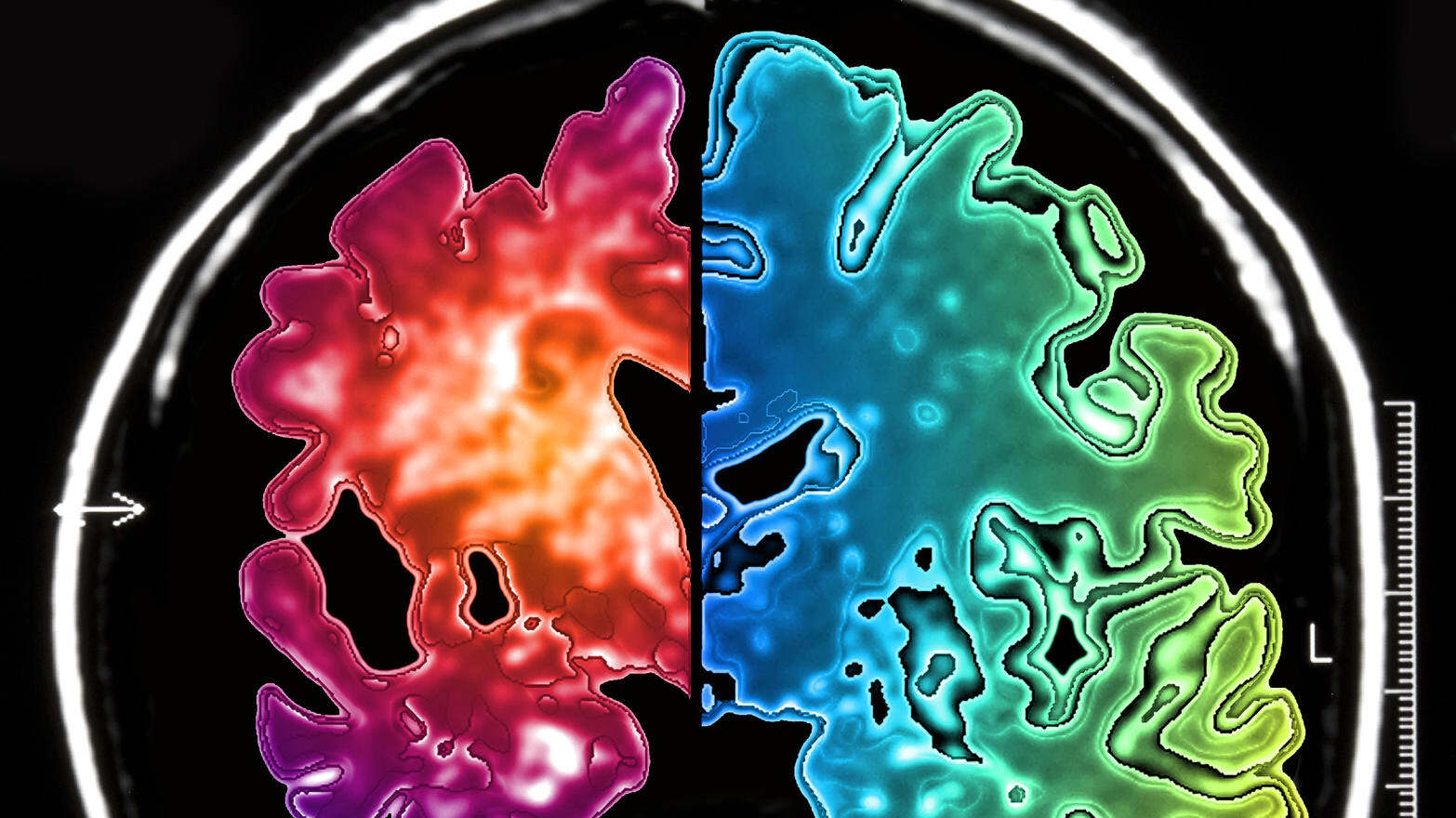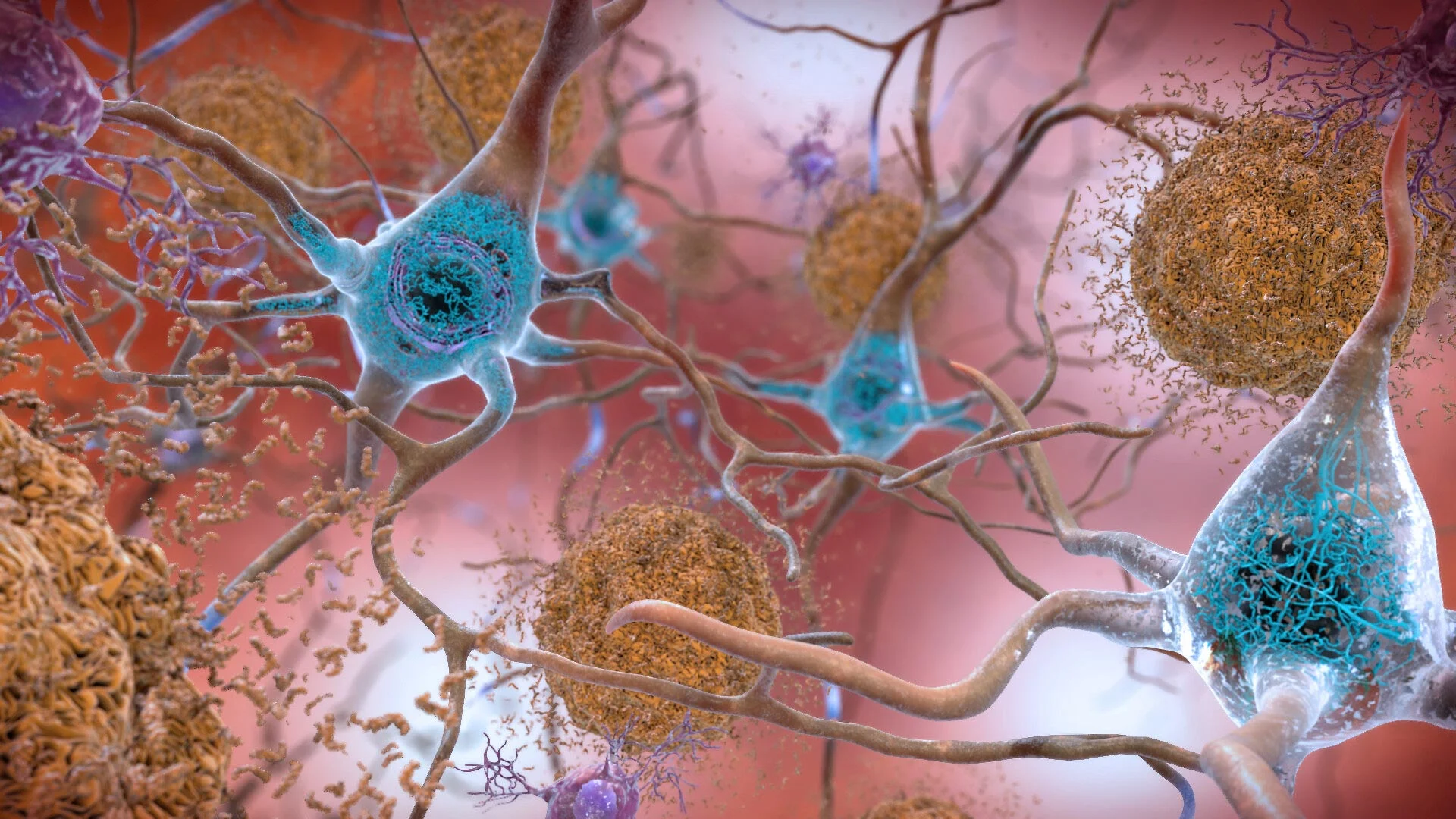The search for a cure for Alzheimer’s disease has sparked considerable controversy and competition in recent years. In 2022, Science magazine revealed that a pivotal 2006 study, which identified beta-amyloid as the cause of Alzheimer’s, might have been based on fabricated data.
This came a year after the U.S. FDA approved aducanumab, a drug targeting beta-amyloid, despite incomplete and conflicting evidence supporting its efficacy. The approval divided the medical community, with some advocating for the drug’s use, while others felt it should never have been approved.
For decades, researchers have focused primarily on beta-amyloid, a protein believed to form clumps that damage the brain. However, this narrow focus on beta-amyloid has not yielded a successful treatment, raising concerns that the scientific community might be stuck in an intellectual rut.
There is now a growing recognition that new approaches are needed to better understand and treat Alzheimer’s, pushing researchers to look beyond this traditional perspective and explore alternative theories.

One such alternative theory is being developed at the Krembil Brain Institute, which posits that Alzheimer’s is not primarily a brain disease but rather a disorder of the brain’s immune system.
The immune system, present in every organ, helps to repair injuries and fight off infections. In the brain, this system can sometimes go awry, mistaking normal brain cells for harmful invaders, which may lead to the cognitive decline seen in Alzheimer’s.
According to this autoimmune theory, beta-amyloid is not an abnormal protein but a natural part of the brain’s immune response. When the immune system is triggered by trauma or infection, beta-amyloid is mobilized.
However, because it cannot distinguish between harmful bacteria and brain cells, it mistakenly attacks brain cells, leading to the chronic, progressive cell loss associated with dementia. This theory reinterprets Alzheimer’s as an autoimmune disease, which could open new avenues for treatment, though traditional autoimmune therapies may not be effective.
In addition to the autoimmune hypothesis, other theories are emerging, challenging the long-held focus on beta-amyloid. Some scientists suggest that Alzheimer’s is related to dysfunctions in mitochondria, the cell’s energy producers, while others link it to infections or abnormalities in the way metals like zinc or copper are processed in the brain.
These new ideas highlight the complexity of the disease and the need for fresh approaches to understanding its origins.
Alzheimer’s continues to be a global health crisis, affecting millions of people and placing a significant burden on healthcare systems.
With the number of dementia cases rising, there is an urgent need for innovative research to uncover the true causes of Alzheimer’s and to develop effective treatments. As new theories gain traction, the hope is that they will lead to better ways of treating the disease and improving the lives of those affected by it.
